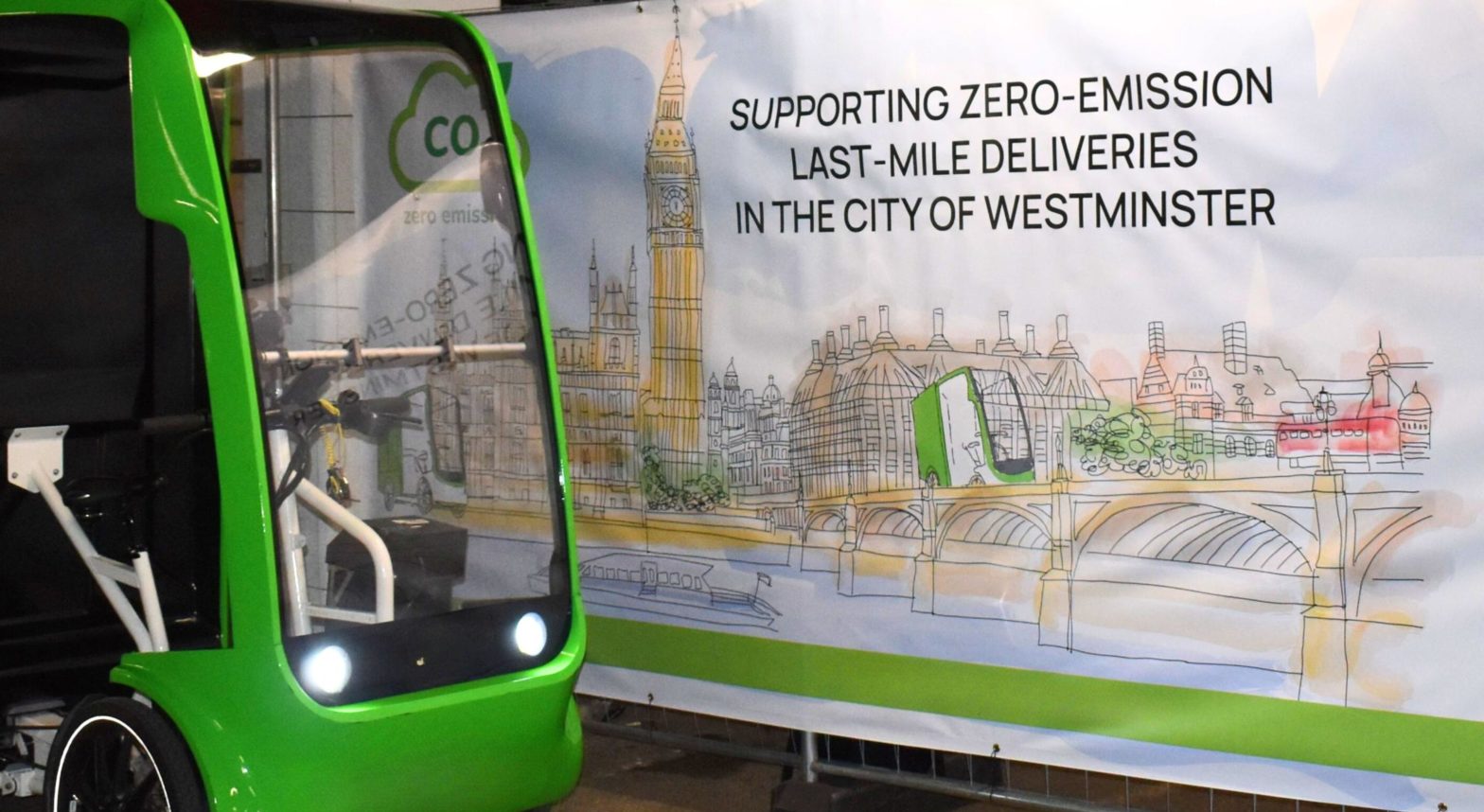
Photo: John Matychuk (unsplash)
Cities risk being ‘caught off guard’ by new transit tech
06 July 2022
by Christopher Carey
Cities should consider reconfiguring their roads and pavements to prepare for new kinds of vehicles, according to US road safety group the National Safety Council (NSC).
In a new report, Mobility, Technology and Safety: The Next 20 Years, the group urged state and local officials to change their approach to regulating city streets to prepare for new technologies like delivery robots and electric vehicles.
It warns that over the past two decades, new waves of technology – from ridehailing to e-scooters – have often left public officials “caught off guard”, and that a more proactive approach from cities is needed.
The report also suggested that should conflicts emerge between the interests of street users and technology companies, such as delivery robots interfering with wheelchair accessibility, advocates and policymakers should stand with the people whose mobility is under threat.
Speaking to Cities Today, David Zipper, the report’s author and Visiting Fellow at the Harvard Kennedy School’s Taubman Center for State and Local Government, said: “In Pennsylvania, the state legislature quietly adopted legislation forcing cities to treat sidewalk robots up to 250 kg as pedestrians.
“That bill upended a carefully crafted agreement between the city of Pittsburgh and sidewalk robot companies, and it blocked the city from protecting the accessibility of those in wheelchairs and on foot.
“[This] law is a good example of a technology policy that represents a step backwards for street safety.”
Next 20 years
The report also predicts that while fully autonomous vehicles will not be widely deployed within the next 20 years, related technologies – like Advanced Driver Assistance Systems which detect pedestrians or automatically brake a vehicle to avoid a crash – could improve safety.
“Fully autonomous vehicles may grab the lion’s share of headlines, but researchers and transportation practitioners are skeptical that they will be deployed in any kind of scalable way within the next two decades,” added Zipper.
“And even if they do become widespread, there’s no consensus that they would, on their own, reduce the 40,000 plus fatalities on American roads every year.”
Roadway fatalities in the US are at a 16-year high, with preliminary NSC data showing that more than 46,000 people died on roads in 2021.
The group noted that vulnerable road users, who are walking, biking or are otherwise outside a vehicle, are dying at faster rates, and those from low-income and communities of colour are over-represented in this data.
The full report, which is funded by insurance group Allstate, is set to be released on 26 July.
Image: John Matychuk







